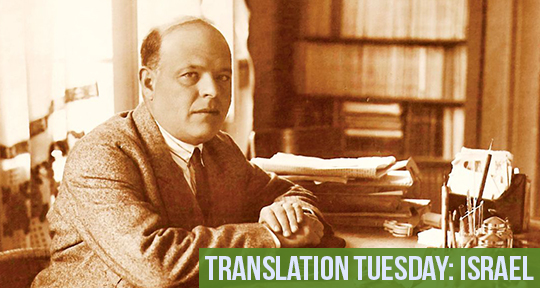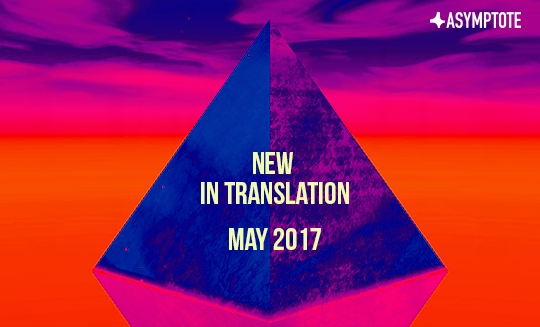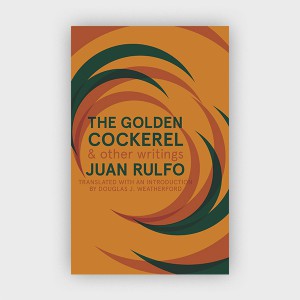This week our editors bring you the latest news from Sweden, where a new edition of Nobel Prize-winner Nelly Sachs’s Swedish translations has been published; Mexico, where cultural centre Casa Tomada has continued its remarkable response to the coronavirus situation with a series of author events; and from Boston in the United States, which has lined up exciting programming this summer. Read on to find out more!
Eva Wissting, Editor-at-Large, reporting from Sweden
This summer, Swedish publishing company Faethon released a new collection with the poetry of German-Swedish Nelly Sachs. For the first time, all of the most prominent Swedish translations of her poetry are presented together in one book. The collection includes classical translations by poets such as Gunnar Ekelöf and Erik Lindegren, as well as new interpretations by Margaretha Holmqvist, who also was a friend of Sachs. The book also presents thorough commentaries by Daniel Pedersen, professor in comparative literature, and an afterword by poet and translator Eva Ström.
The Jewish poet and playwright Nelly Sachs was born in 1891 in Berlin and fled together with her mother to Sweden in 1940 where she lived until her death in 1970. Sachs had a long friendship with Swedish writer Selma Lagerlöf, who used her contacts with the Swedish royal family to enable Sachs and her mother to escape Nazi Germany. In Sweden, Sachs lived with her mother in Stockholm and it was at this time that she became a poet of note. She remained active as a writer and a translator for the most part of her life. In 1966, Nelly Sachs was awarded the Nobel Prize in Literature “for her outstanding lyrical and dramatic writing, which interprets Israel’s destiny with touching strength.”




